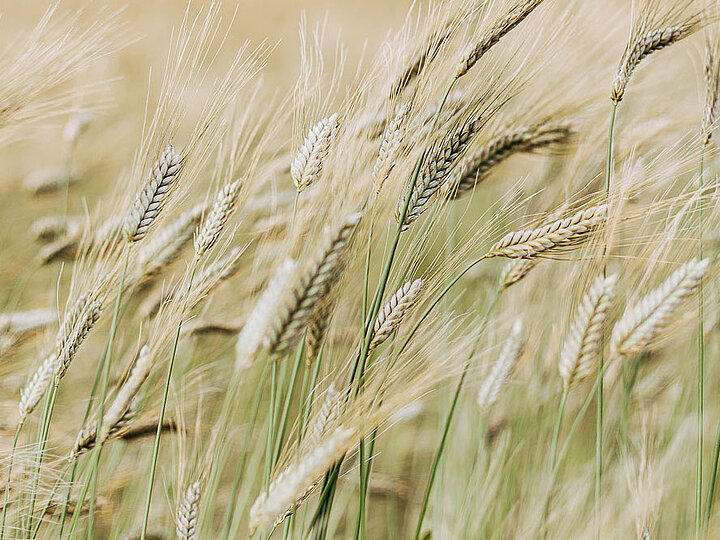

Forest dew grain
It is considered an extremely robust type of grain, the forest perennial grain. And yet it was threatened with extinction for some time. Since 2016, the Slow Food Presidio Waldstaudekorn has been campaigning for the recultivation of the old variety.
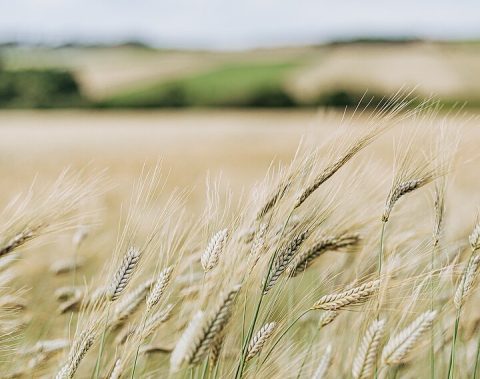
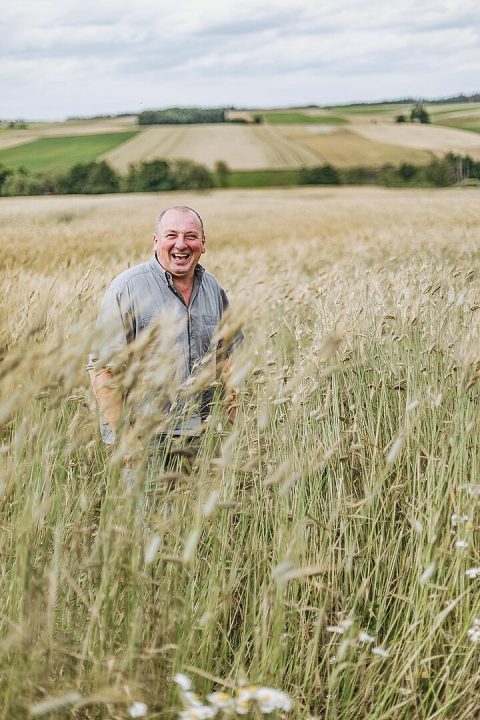
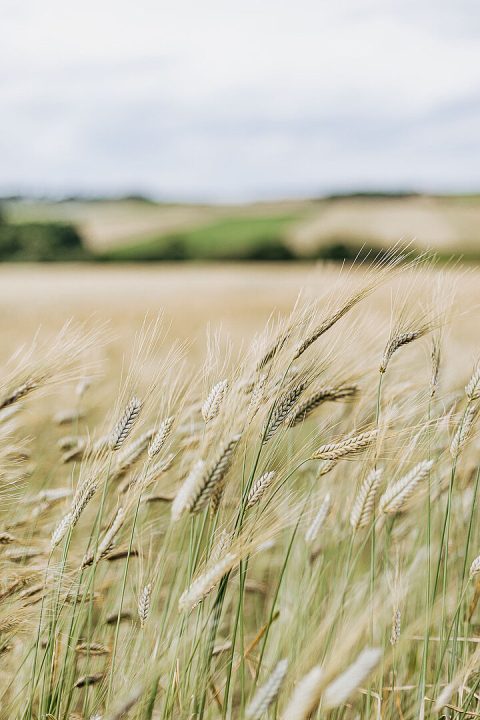
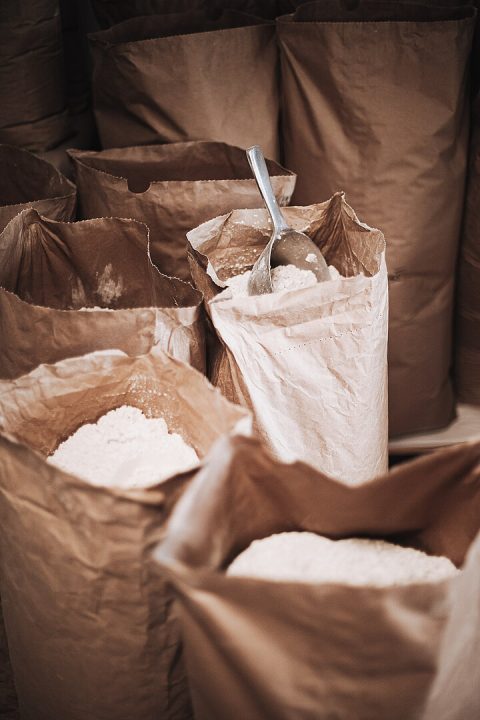
Nowadays mainly grown in the Waldviertel region - especially in the Horn Basin - the Waldstaudekorn is a variety of cultivated rye. The Waldstaudekorn is nicknamed "Johannisroggen" because it is traditionally grown on 24 June, Johanni. It is an extremely robust grain variety. And yet for some time this old variety was considered to be threatened with extinction. This is because the long time it takes to harvest it greatly reduced its attractiveness for large producers.
This situation changed when a group of organic or biodynamic farmers decided to revitalise the woodland grain. In 2016, the Slow Food Presidio was founded with the aim of promoting the re-cultivation of this old variety and encouraging producers to cultivate wild perennial grains. One of these producers is Martin Allram, who has dedicated himself to ancient grain varieties. Working by hand and adhering to strict biodynamic principles, he focuses not least on Waldstaudekorn.
But what is so special about the woodland perennial? With a height of up to over three metres, the small grains sit in the up to 20 cm long ears of the woodland perennial. These contain a high proportion of valuable vital and mineral substances. The woodland perennial grain with its delicately spicy, intense flavour is processed into cereal ice cream, savoury bread or pasta, for example.
On our recipe blog you will find a Recipe with the forest dew grain.
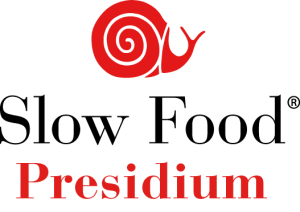
Photos: Mara Hohla/ Butter&Salt
Text: Bernadette Bayrhammer
Listen to description
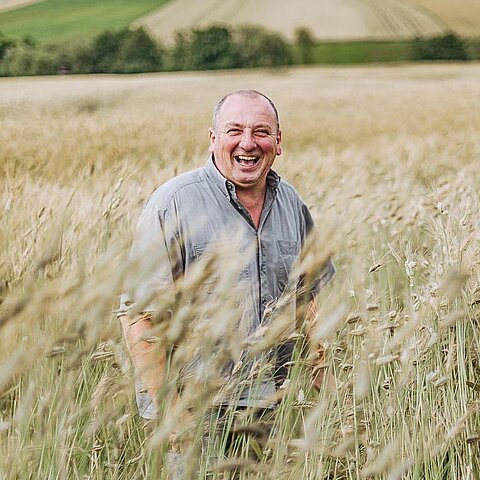
At a glance:
Martin Allram Dietmannsdorf 12 3595 Dietmannsdorf Telephone: +43 664 146 11 66e-mail: info@allramdaham.atallramdaham.at
